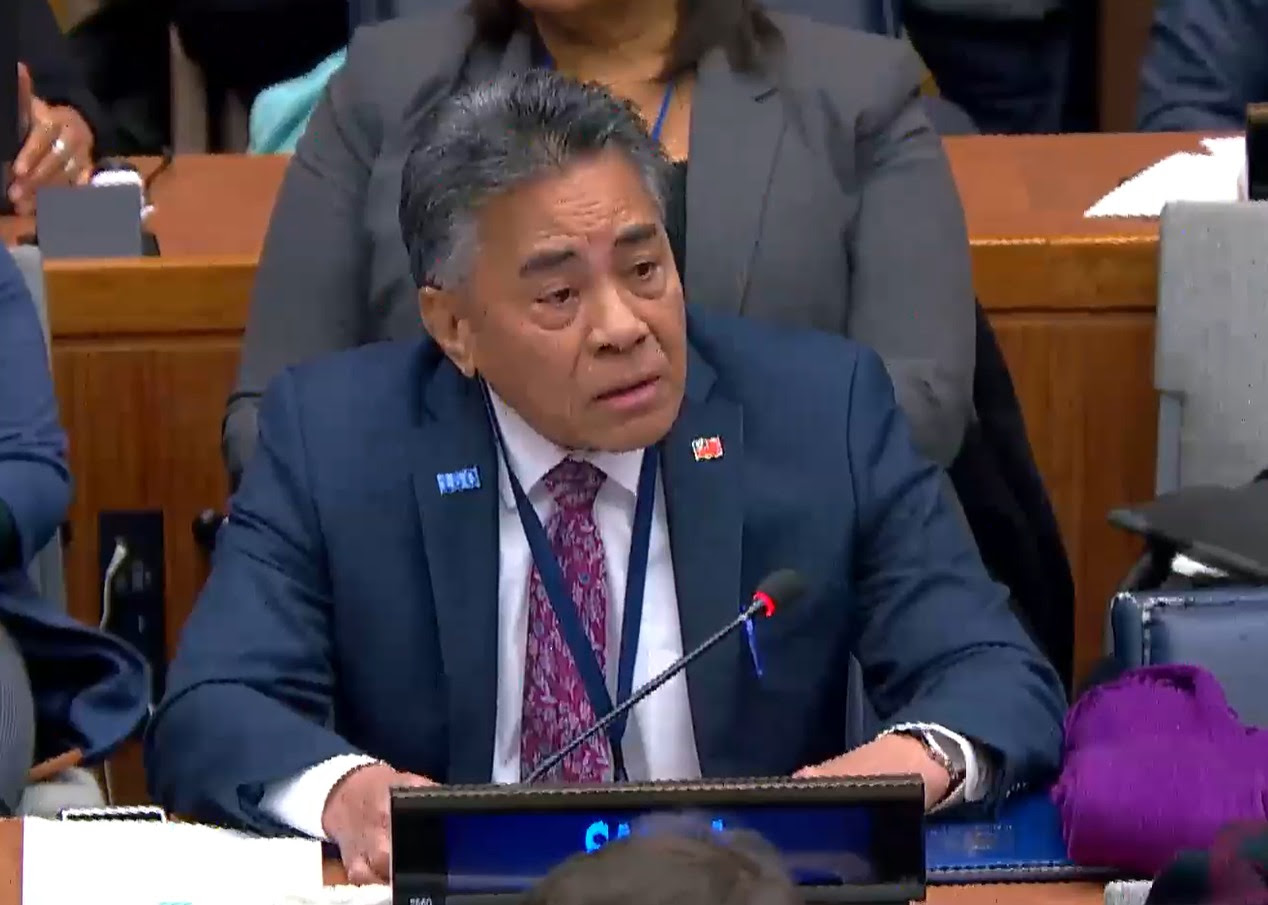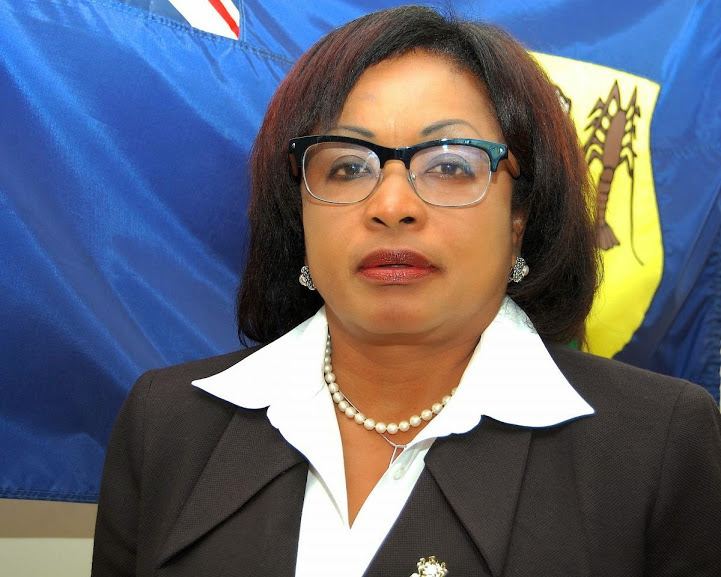This news article is a production distributed through Caribbean News Service. It is made freely available to your media and we encourage publishing and redistribution, giving credit to Caribbean News Service (CNS).
by Dizzanne Billy – CNS Contributor
PARIS, France, Nov 30 2015 – The climate change movement broke records in more than 10 countries around the world. The largest climate marches in history were held in Australia and the UK, with 60,000 and 50,000 people traipsing the streets of Melbourne and London. This movement is representative of humanity; from Mongolia to Saudi Arabia and Samoa to Trinidad and Tobago (T&T), more than 570, 000 people in 175 countries came together to support climate action.
In Port-of-Spain (POS), placards displayed messages such as “Global warming is not cool,” “Less talk, more action,” and “1.5 to stay alive,” representing a foundation for the implementation of policies. At the POS to Paris climate march, Nakita Poon Kong (Co-founder and director of IAMovement – the organisers of the march in T&T), stated that the gathering shows that the people of Trinidad and Tobago care. “We are here to show our decision makers that we want them to recognise our responsibility and commitment globally,” Nakita emphasised before a crowd of more than 500 marchers.
Following this powerful, revolutionary move by civil society and the general public, delegates from 195 countries met today in Paris to kick off the 21st Climate Change Conference (COP21). This two-week conference is expected to deliver a legally binding agreement on the reduction of greenhouse gas emissions and the enhancement of climate action.
Leaders opened the negotiations with speeches meant to show their commitment to this climate agreement. The appearance of Barack Obama, Xi Jinping, Vladimir Putin, and Evo Morales is expected to give the negotiations that extra interest as issues such as climate finance, mitigation and adaptation, loss and damage, decarbonisation, intended nationally determined contributions, enhancing climate technology, deforestation, and renewable energy are discussed.
According to Jennifer Morgan, Global Director, Climate Programme, World Resources Institute, “President Xi’s (speech) showed his resolve to address climate change and reach a strong agreement, with all countries taking action. His comments show that China is ready to step into a pivotal role in reaching common ground on key issues here in Paris.”
In addition, President Obama has stated “We know the truth that many nations have contributed little to climate change but their very existence is threatened by climate change…let us set targets that are for each of us by each of us. A strategy that gives each of us the confidence that we are all sticking to our commitments.”
Starting off COP21 with such strong statements gives some hope for those who are weary of a repeat of Copenhagen and sheds some light on the plight of the vulnerable countries. These declarations however need to be backed by investment in political effort and on-the-ground action. The start of the talks culminates a process that began in 2011, during the Durban Conference, but the outcome is still uncertain. After three negotiating sessions this year, many countries seem unwilling to back down on conflicting economic and political interests.
(Dizzanne Billy is President of the Caribbean Youth Environment Network (CYEN) in Trinidad and Tobago, where she works in the areas of education and public awareness with regard to environment and development issues. She is a climate tracker with Adopt-A-Negotiator and an advocate for climate change action).




